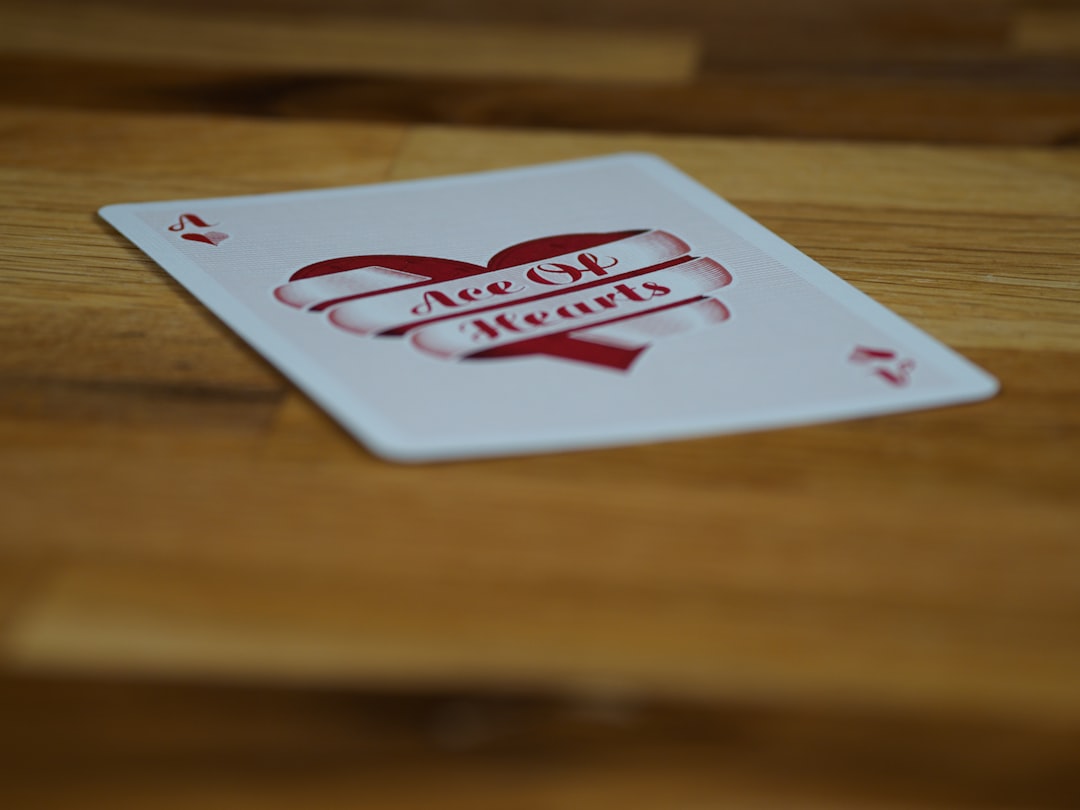Embarking on a journey towards a significant goal can often feel like staring up at a towering mountain. The sheer scale of the task can be daunting, leading to procrastination, self-doubt, and ultimately, abandonment. This isn’t a reflection of your ambition or capability, but often a flaw in the approach to goal setting itself.
Did you know that a significant percentage of New Year’s resolutions fail within the first few weeks? While exact figures vary, studies consistently show that many grand aspirations fizzle out quickly. This article will guide you through a powerful, yet simple, method to overcome this common hurdle: the art of accumulating small achievements. By the end, you’ll understand how to break down your loftiest ambitions into manageable, motivating steps, ensuring consistent progress and lasting success.
Why Big Goals Feel Overwhelming
When we set a large, ambitious goal, our brains often perceive it as a single, monumental task. This can trigger a fight-or-flight response, leading to avoidance rather than action. The gap between our current state and the desired future state appears too vast, creating a sense of paralysis.
This feeling is particularly pronounced when the goal lacks immediate, tangible feedback. Without clear milestones, it’s easy to lose motivation and feel like you’re not making any headway, even if you are. This psychological barrier is one of the primary reasons why many well-intentioned plans never come to fruition.
The “All or Nothing” Trap
Many individuals fall into the “all or nothing” mindset when pursuing goals. They believe that if they can’t achieve the entire goal perfectly and immediately, then there’s no point in starting. This rigid thinking stifles progress and prevents the accumulation of small, incremental successes that are crucial for long-term achievement.
This trap often leads to a cycle of starting strong, feeling overwhelmed, giving up, and then feeling guilty. Breaking free from this pattern requires a fundamental shift in how we perceive and approach our objectives.
The Science Behind Small Wins
The concept of small wins is not just anecdotal; it’s rooted in psychological principles. Research shows that making consistent, incremental progress towards a goal is a powerful motivator. Each small achievement triggers a positive feedback loop in the brain, reinforcing the behavior and encouraging further action.
This phenomenon was notably highlighted in the work of Teresa Amabile and Steven Kramer, who studied the daily progress of knowledge workers. Their research, often referred to as “The Progress Principle,” found that of all the things that can boost emotions, motivation, and perceptions during a workday, the single most important is making progress in meaningful work. You can read more about their findings in The Power of Small Wins published in Harvard Business Review.

Dopamine and the Reward System
When you achieve a small goal, your brain releases dopamine, a neurotransmitter associated with pleasure and reward. This chemical surge creates a feeling of satisfaction and reinforces the behavior that led to the achievement. It’s like a mini-celebration inside your brain, making you more likely to pursue the next step.
This positive reinforcement mechanism is crucial for building momentum and transforming daunting tasks into a series of achievable challenges. It helps to rewire your brain to associate effort with reward, making the entire goal-setting process more enjoyable and sustainable.
Building Self-Efficacy
Each small win contributes to your sense of self-efficacy – your belief in your own ability to succeed in specific situations or accomplish a task. As you successfully complete micro-goals, your confidence grows, making you more resilient in the face of challenges and more likely to tackle larger objectives.
This accumulated confidence is a powerful asset. It transforms the initial feeling of overwhelm into a sense of capability, empowering you to push forward even when the path gets tough.
How to Break Down Your Goals
The core of this strategy lies in effectively deconstructing your grand vision into a series of manageable, bite-sized tasks. This isn’t just about making a to-do list; it’s about creating a clear, actionable pathway.
SMART Goals, Micro-Sized
You’re likely familiar with the SMART goal framework (Specific, Measurable, Achievable, Relevant, Time-bound). Apply this framework not just to your ultimate goal, but to each micro-goal as well.
Example:
Grand Goal: Run a marathon in 2025.
Micro-Goal (Week 1): Run for 20 minutes, three times this week, maintaining a comfortable pace.
This micro-goal is Specific, Measurable, Achievable, Relevant, and Time-bound.
The “Next Small Step” Approach
Once you have your grand goal, ask yourself: “What is the absolute smallest, easiest step I can take right now to move towards this goal?” This isn’t about planning out the entire journey, but identifying the immediate action.
Here’s a step-by-step guide to applying this method:
- Define Your Big Goal: Be clear and concise about what you want to achieve.
- Brainstorm Major Milestones: Break the big goal into 3-5 significant phases or milestones.
- Deconstruct Each Milestone: For each milestone, identify 5-10 smaller, actionable tasks.
- Identify the First Micro-Goal: What is the very first, easiest step you can take today or tomorrow?
- Focus on One at a Time: Concentrate only on the current micro-goal. Don’t get overwhelmed by future steps.
- Repeat: Once one micro-goal is complete, identify the next one.

Tracking Your Progress and Celebrating
Merely completing tasks isn’t enough; you need to acknowledge and track your progress. This reinforces the positive feedback loop and provides tangible evidence of your journey.
Visualizing Your Journey
Create a visual representation of your progress. This could be a simple checklist, a progress bar, a habit tracker, or even a physical jar where you add a marble for each completed micro-goal. Seeing your progress visually can be incredibly motivating.
Consider a simple progress chart like this for a goal to “Write a Book”:
Book Writing Progress (Target: 50,000 words)
| Milestone | Micro-Goals | Status |
|---|---|---|
| Outline Complete |
|
✓ |
| First 10,000 words |
|
In Progress |
| Mid-point Review |
|
Pending |
“Every word counts towards the final masterpiece.”
The Power of Acknowledgment
Don’t underestimate the power of celebrating your small wins. This doesn’t mean throwing a party for every completed task, but it does mean taking a moment to acknowledge your effort and success. This could be a mental pat on the back, a brief break, or a small, non-food reward.
This positive reinforcement strengthens the neural pathways associated with achievement, making it easier to stay motivated for the next step. It transforms the often-solitary journey of goal pursuit into a series of mini-victories.
Overcoming Setbacks with Small Achievements
No journey is without its bumps. Setbacks are inevitable, but how you respond to them determines whether they derail your progress or become learning opportunities. The small wins approach provides a built-in mechanism for resilience.
Re-evaluating Micro-Goals
If you hit a snag, don’t abandon the entire goal. Instead, re-evaluate your current micro-goal. Was it too ambitious? Did unforeseen circumstances arise? Adjust it to be even smaller, if necessary. The key is to keep moving forward, no matter how tiny the step.
“The journey of a thousand miles begins with a single step.” – Lao Tzu
This ancient wisdom perfectly encapsulates the power of starting small, especially when facing adversity.
The Resilience Loop
When you consistently achieve small goals, you build a “resilience loop.” Each successful completion reinforces your belief in your ability to overcome challenges. When a setback occurs, you’re less likely to give up because you have a history of successful small wins to draw upon.
This creates a positive cycle: small win leads to confidence, confidence leads to tackling the next small step, even after a stumble, which then leads to another small win.

Integrating Small Wins into Your Life
The small wins methodology isn’t just for grand, life-changing goals. It can be applied to daily tasks, habit formation, and continuous improvement in any area of your life.
Habit Stacking with Micro-Goals
Combine the power of small wins with habit stacking. Identify an existing habit and then “stack” a new, tiny habit on top of it. For example, “After I brush my teeth, I will do one push-up.” This makes starting new behaviors incredibly easy.
The Compound Effect of Consistency
Each small win, when consistently repeated, creates a compound effect. Like interest accumulating in a bank account, these tiny efforts add up to massive results over time. It’s not about one giant leap, but a thousand small steps.
Conclusion: Your Path to Unstoppable Progress
Setting ambitious goals is commendable, but achieving them requires a strategic approach. By embracing the power of small wins, you transform overwhelming aspirations into a series of manageable, motivating steps. This method leverages your brain’s natural reward system, builds unwavering self-efficacy, and provides a robust framework for overcoming inevitable setbacks.
Don’t wait for motivation to strike; create it through consistent, small achievements. Start today by identifying one grand goal, then break it down into the smallest possible first step. Take that step, acknowledge your success, and then identify the next.
Ready to transform your biggest dreams into tangible realities? What’s the very first, smallest step you’ll take towards your most important goal today? Share your micro-goal in the comments below and inspire others!
Further Reading & Resources
- Goal Setting – American Psychological Association (APA): A comprehensive overview of goal-setting principles from a leading psychological organization.
- Atomic Habits by James Clear: While a book, James Clear’s website offers many articles on building small habits that lead to remarkable results.
- What Is Self-Efficacy? – Verywell Mind: An accessible explanation of self-efficacy and its importance in personal achievement.
